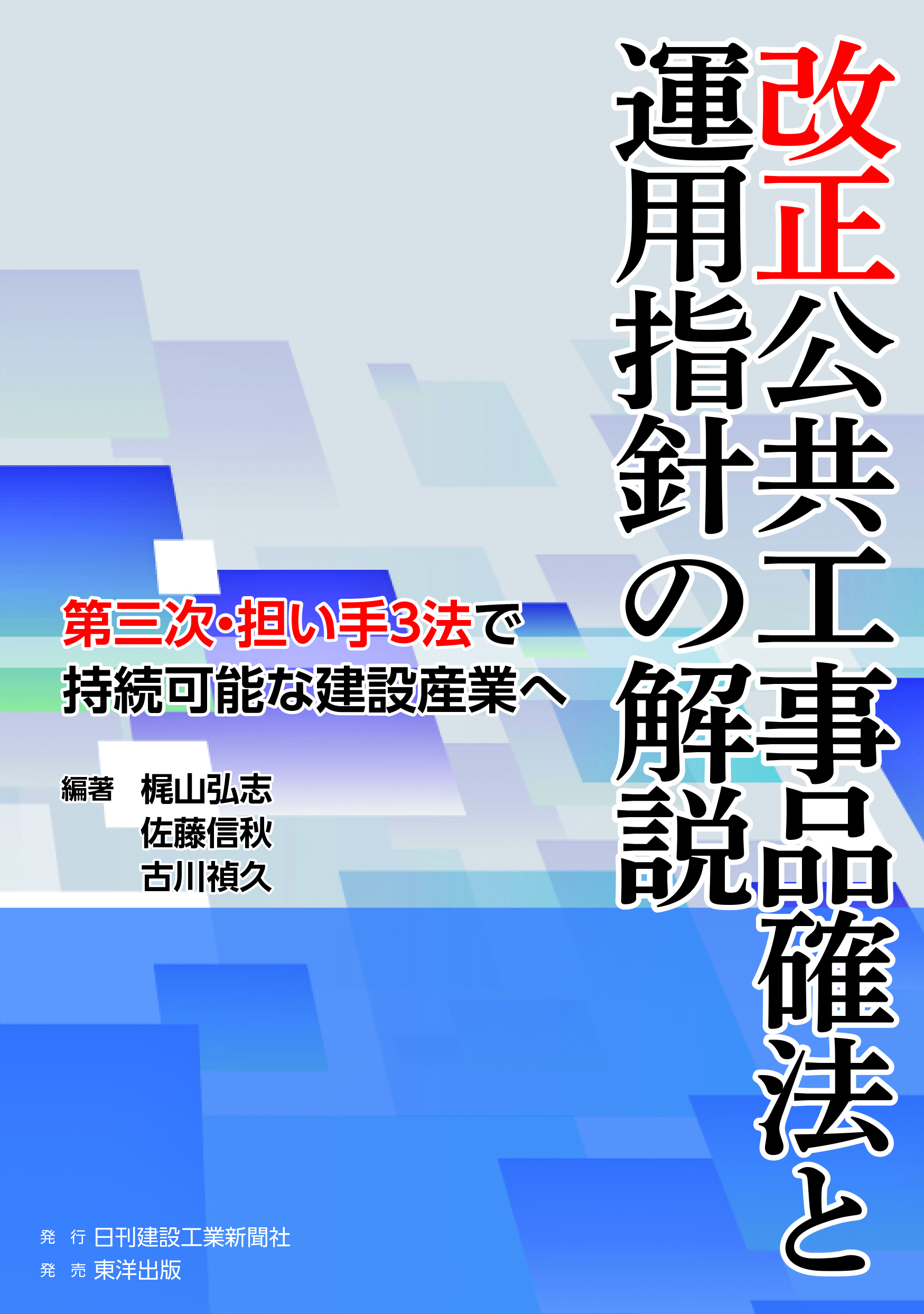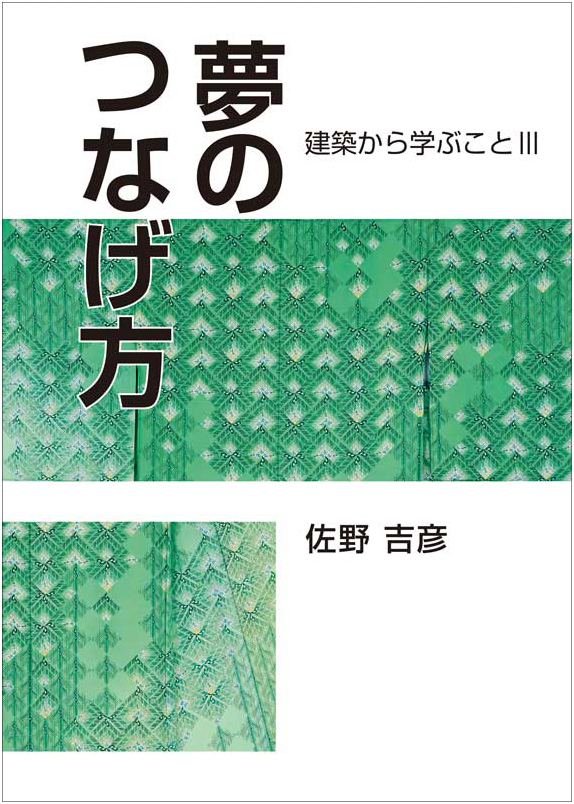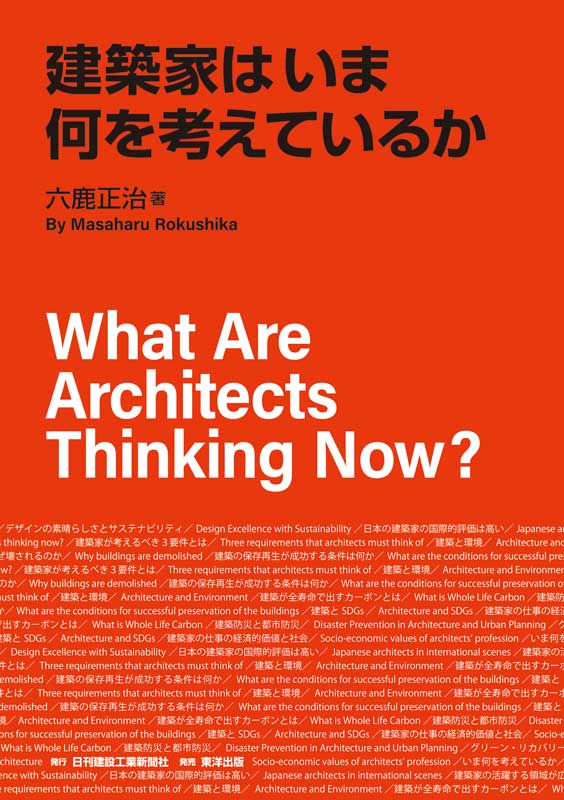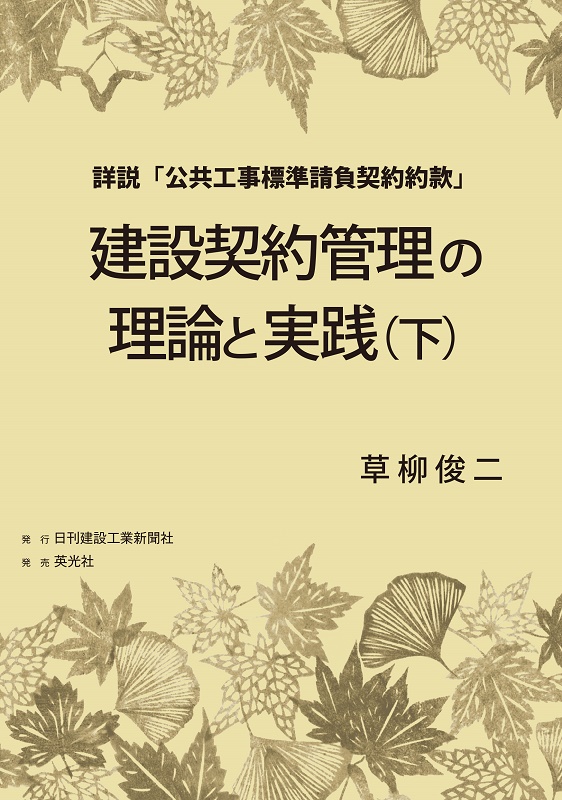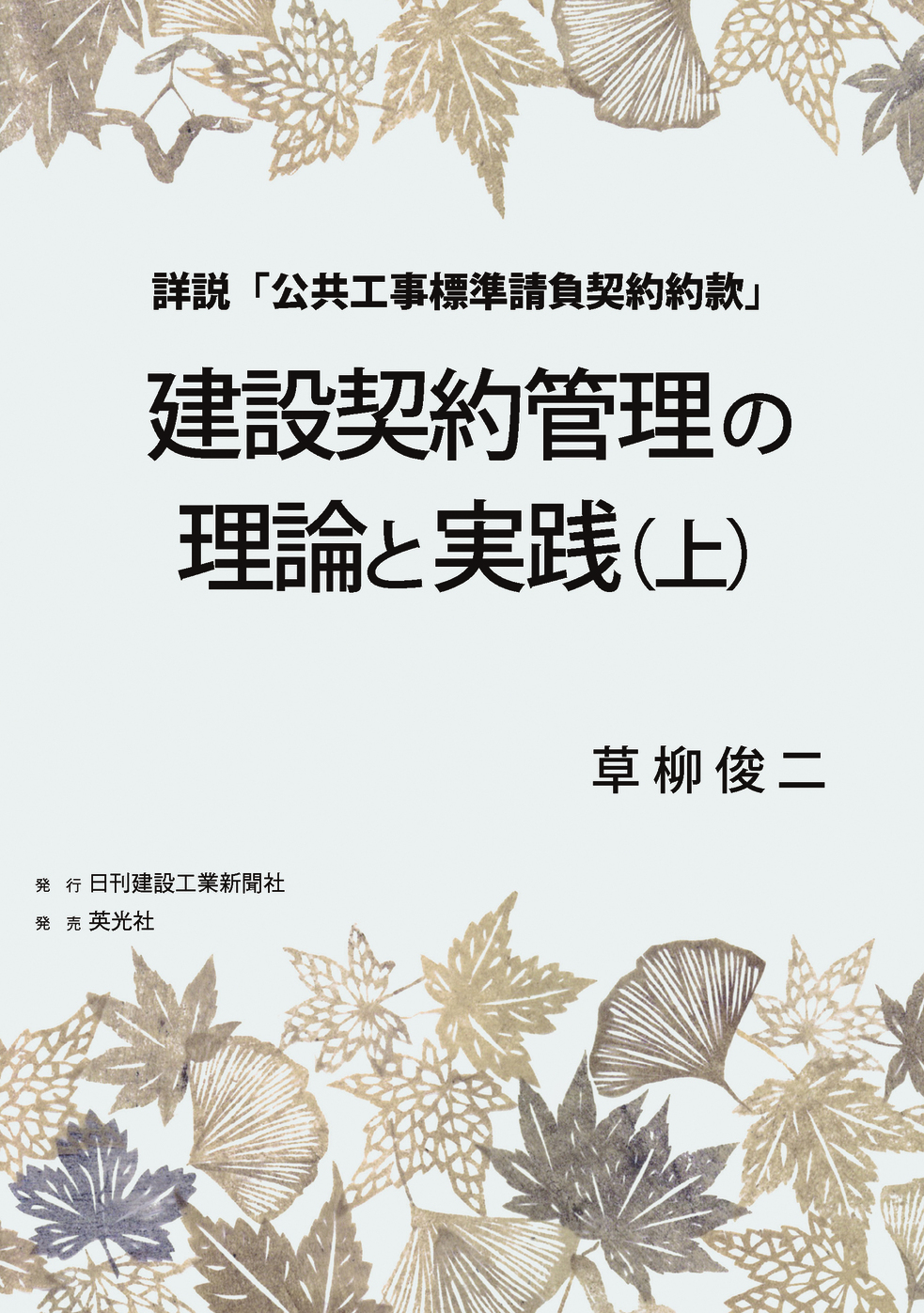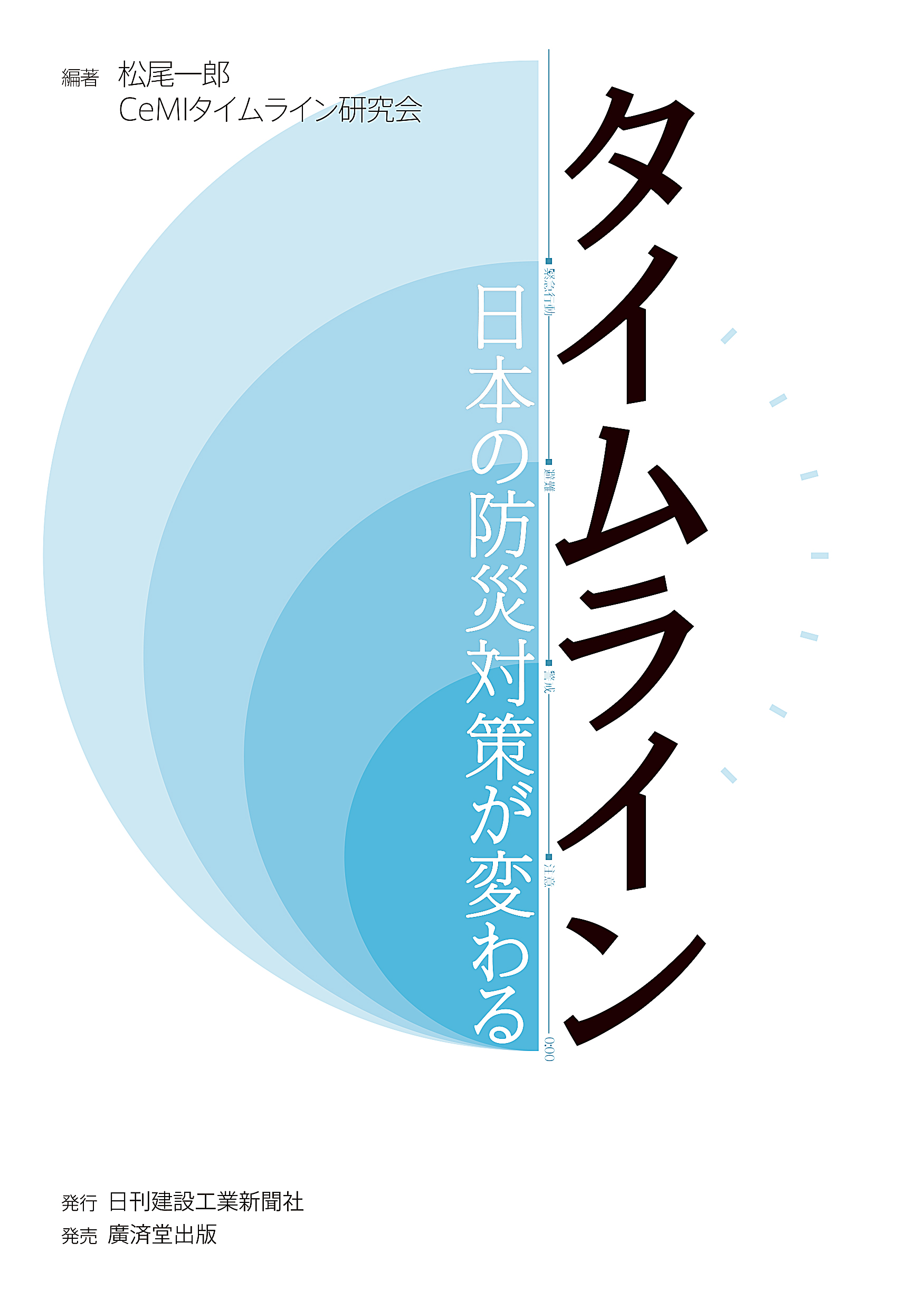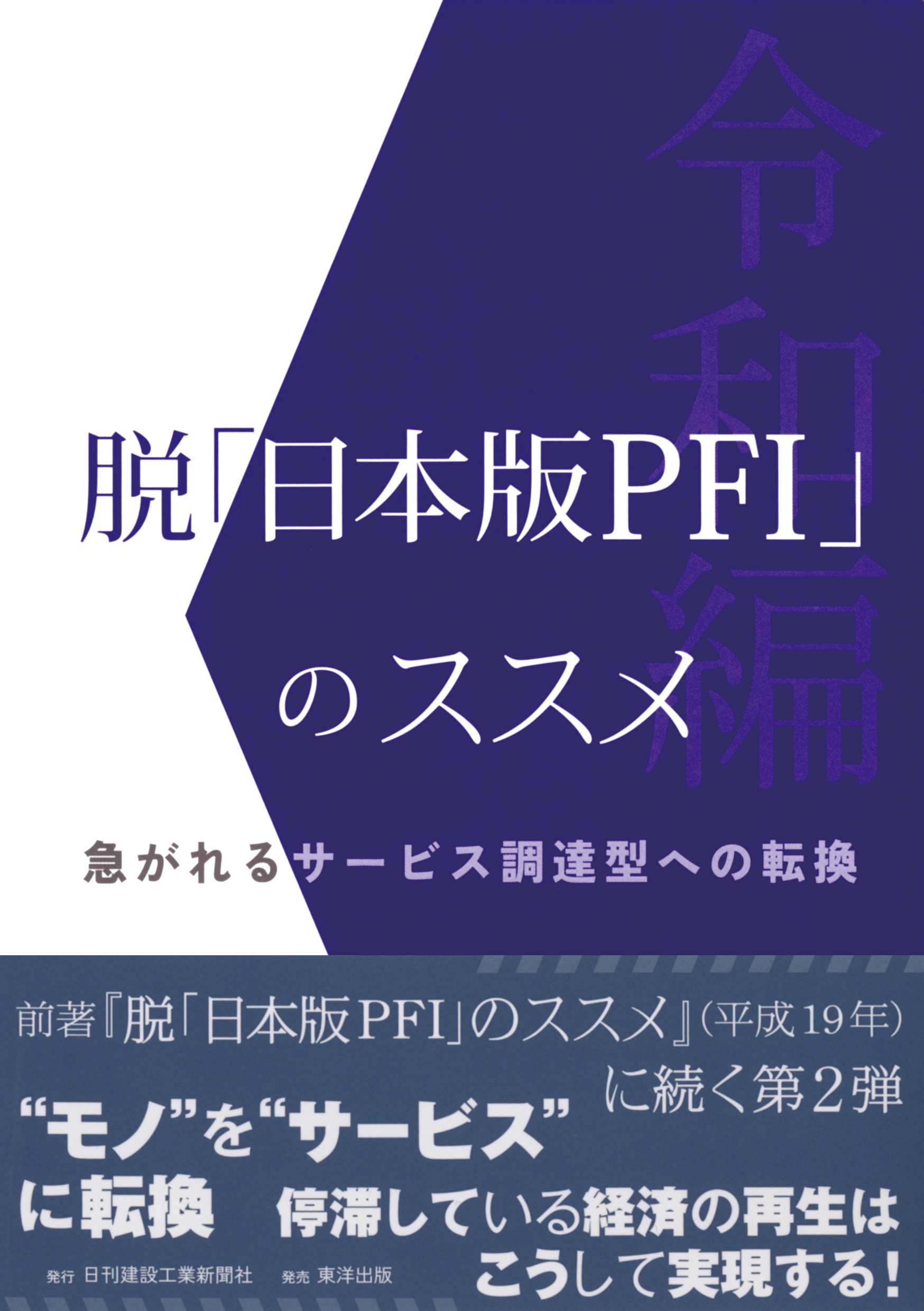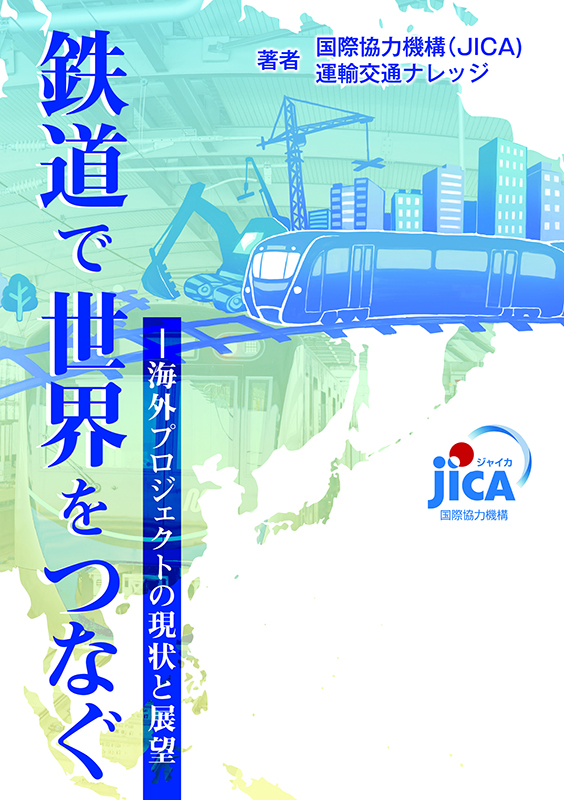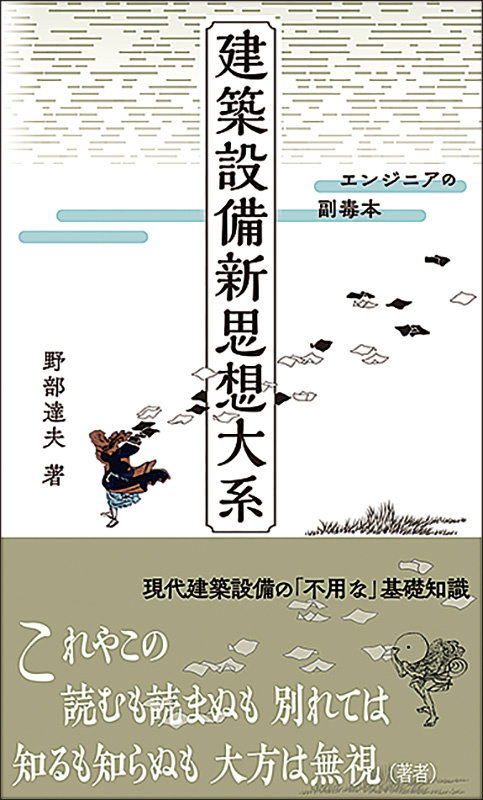The Mori Memorial Foundation’s Institute for Urban Strategies released the results of the "Global Power City Index (GPCI) 2024" on December 10, assessing 48 major cities worldwide. Tokyo retained its third-place position from 2023, despite a decline in several economic indicators, thanks to improvements in cultural and interaction metrics, including the number of international visitors. Osaka ranked 35th, and Fukuoka placed 42nd.
At a briefing held in Tokyo the same day, Institute Chairman Heizo Takenaka emphasized the critical role cities play in knowledge-intensive industries. "We develop these indicators and propose policies with a strong awareness of urban challenges," Takenaka explained. Regarding Tokyo, he stated, "If the city improves its tax system, regulatory framework, and transportation access to the level of Singapore or London, it could achieve first place." He stressed the need for corporate tax relief and further deregulation.
The GPCI evaluates cities based on six categories: economy, research and development, cultural interaction, livability, environment, and accessibility. These categories are further subdivided into 70 detailed indicators, which are used to calculate an overall score for each city.
The top five cities remained unchanged from 2023, with London in first place, followed by New York, Tokyo, Paris, and Singapore. Tokyo's performance showed a mixed trend. In the economic category, it saw declines in four indicators: GDP per capita, economic freedom, the availability of business support professionals, and workplace satisfaction. While Tokyo's GDP growth rate improved, it remained sluggish at 46th out of 48 cities.
Conversely, Tokyo demonstrated significant gains in the cultural interaction category, improving in six indicators: the quality of tourist attractions, nightlife options, the number of stadiums, the availability of high-class hotel rooms, the number of foreign residents, and the number of international visitors. These improvements reflect the post-pandemic recovery and the success of Japan’s tourism-focused policies. However, while Tokyo advanced eight places in high-class hotel room availability, it ranked 12th among the 48 cities, indicating room for further development.
Commenting on Osaka's position, Hiroo Ichikawa, an executive director at the institute, noted, "Osaka once rivaled Tokyo, but it has now become a leading regional city." Takenaka expressed optimism about Osaka’s future, citing its unique initiatives such as the introduction of integrated resorts (IR) and the privatization of airports, which showcase its potential for distinctiveness amid Tokyo’s dominance. (2024/12/11)










